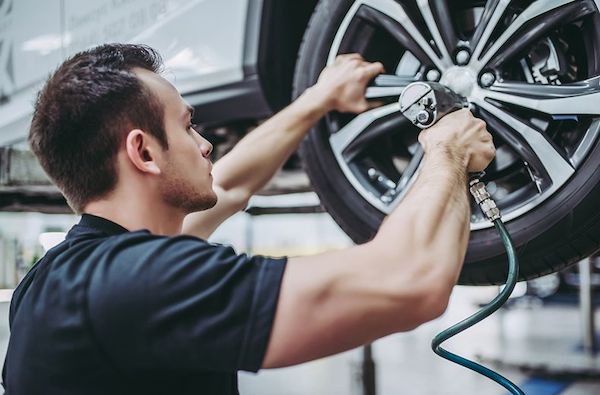Media post: How Often Should You Service Your Vehicle?

Owning a car can be an expensive endeavour, even at the best of times. Let alone the cost of purchase, or the cost of the finance agreement you undertook to own the car, the costs associated with keeping it running can mount very quickly. Still, regular servicing is nothing short of vital to ensuring your car’s health, and saving you from further costs down the line. But how often should you get your car serviced, and why?
Regular Servicing Timescales
There are different servicing timescales for different aspects of your car, as parts fail and resources are consumed at different rates. When it comes to your car’s oil, you should endeavour to have your oil replaced every 7,000 miles on average. Meanwhile, your brake pads need only be replaced every 50,000 miles or so – less, if your car receives heavy usage.
However, regular full-scale check-ups can be useful to ensure you remain in full knowledge of your car’s condition, and to catch problems before they develop. You should endeavour to book your car in for a full service every 12,000 miles or every year; this full service will examine the engine, brakes and suspension properly, ensuring that potential faults like a failing timing belt are noted and fixed before they fail.
The Dangers of Failing to Service Your Car
The key danger to failing to regularly service your car is that you will suffer a breakdown or accident on the road. An issue that might have been picked up by a service could develop into a failure while driving, whether a simple thing like a tyre blow-out or a complete engine failure that writes off your car.
Naturally, any roadside breakdown can be expensive to manage. But more costs, in terms of time and convenience as well as money, could come from the possibility of failing your car’s annual MOT. Every car between three and 40 years of age is required to undergo an MOT, in order to ascertain its roadworthiness.
A regular service can catch MOT failures before your test, and save you from the cost of re-taking an MOT after having paid for costly repairs. But if you go into an MOT without having taken your car for a check-up, you could discover a litany of issues that prevent it from passing – and that require immediate servicing from the test centre before the car can be moved. If your MOT test centre is not your service station of choice, the costs could be much higher than you are used to.
Maintenance Tips
There are simple self-maintenance tasks you can undertake to ensure your car remains healthy between servicing. Learning how to change your own oil can save you some key labour costs, and keep your engine happily lubricated between full services. Changing your tyres on a regular basis will also prevent you getting stuck with exorbitant test centre costs if your tyres are bald on MOT day.



